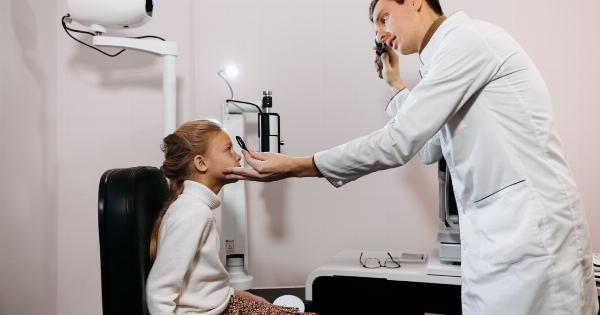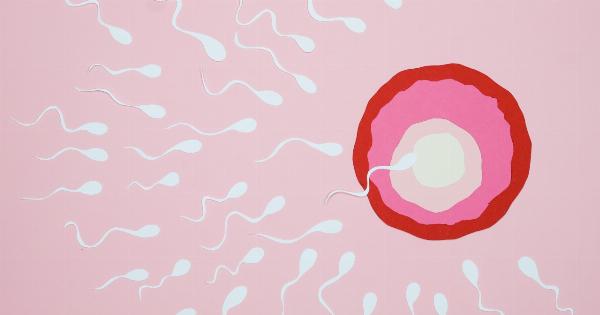Advancements in medical technology have expanded the boundaries of human reproduction. Cryogenic conception, also known as oocyte cryopreservation, is a remarkable technology that preserves a woman’s eggs in a frozen state.
This method of female fertility preservation offers a ray of hope to women who wish to delay their pregnancy or preserve their fertility for future use.
What Is Cryogenic Conception?
Cryogenic conception is the process of freezing a woman’s eggs (oocytes) at an early stage of development. By freezing the eggs, they can be stored for future use.
The frozen eggs can then be thawed and fertilized before being implanted in the woman’s uterus. This process is commonly used by women undergoing chemotherapy or those who want to delay pregnancy.
Why Is Cryogenic Conception Important?
Cryogenic conception is important because it offers women the ability to delay childbirth or preserve their fertility.
Women who wish to have a career, travel, or achieve other goals can defer childbirth without worrying about their biological clock ticking away. Infertility is a common problem for women who are diagnosed with cancer since the treatment causes damage to the reproductive system.
Cryogenic conception offers these women an option to preserve their eggs before undergoing chemotherapy and radiation treatment.
The Process of Cryogenic Conception
Before the process begins, the woman undergoes a series of medical tests to evaluate her ovarian reserve, hormonal levels, and overall health. Once the tests are done, she is given hormonal drugs to stimulate her ovaries to produce more eggs.
During this stage, the woman has to visit the clinic regularly for ultrasounds and blood tests. Once the eggs are mature, they are retrieved through a transvaginal ultrasound procedure. This process takes around 20-30 minutes. The eggs are then frozen using a technique called vitrification.
Vitrification is a modern method of freezing that utilizes a rapidly cooling process to avoid ice crystal formation that can damage the eggs. The eggs are stored in cryovials that are immersed in liquid nitrogen tanks.
Success Rates and Limitations of Cryogenic Conception
The success rates of cryogenic conception vary depending on the age of the woman and the number of eggs retrieved. Generally, the younger the woman, the higher the chance of a successful pregnancy.
The success rate for women under 35 is around 40-50%, while women over 40 have a success rate of 20-30%. Limitations of cryogenic conception include the cost of the procedure, which can be quite expensive, and the potential for the eggs to be damaged during the freezing and thawing process.
Additionally, the success rate decreases with the number of eggs retrieved, and there is no guarantee that the frozen eggs will result in a successful pregnancy.
Conclusion
Cryogenic conception is a groundbreaking technology that has pushed the limits of female fertility. Women now have the option to preserve their fertility for the future or delay childbirth without worrying about their biological clock.
Despite its limitations, cryogenic conception has opened up a new dawn in the field of assisted reproductive technology.






























